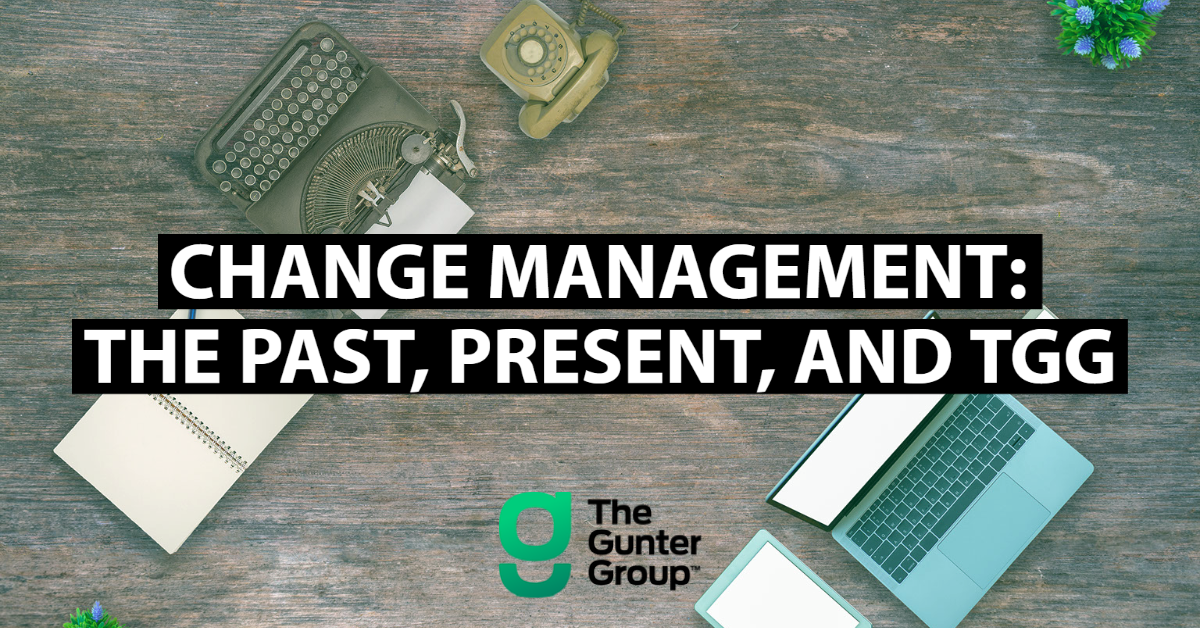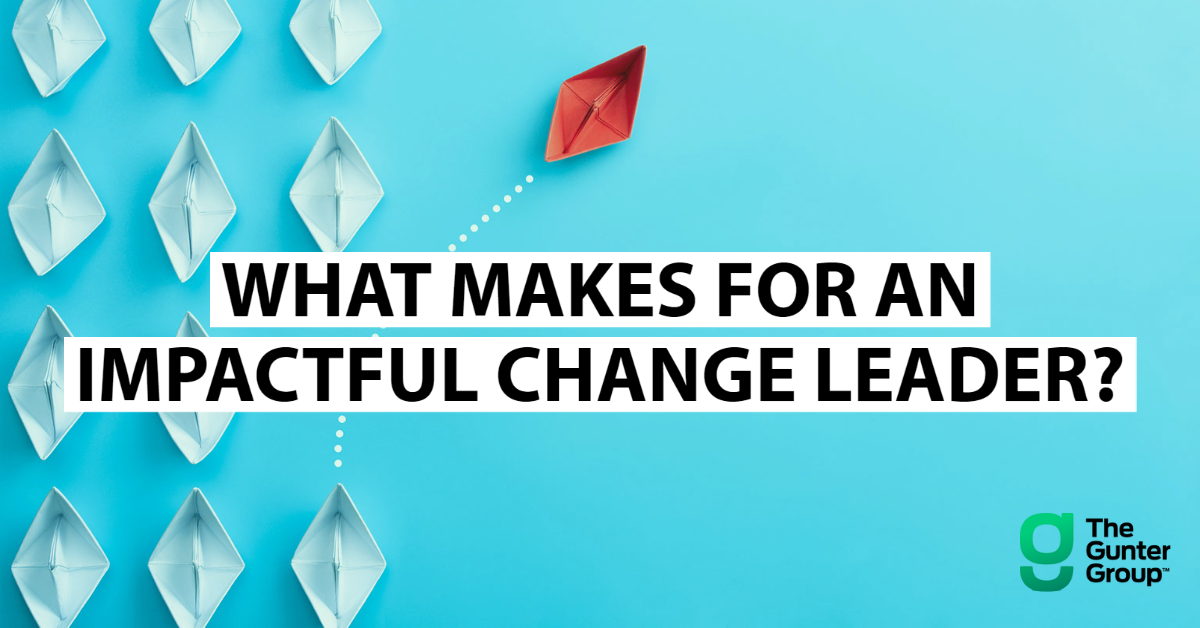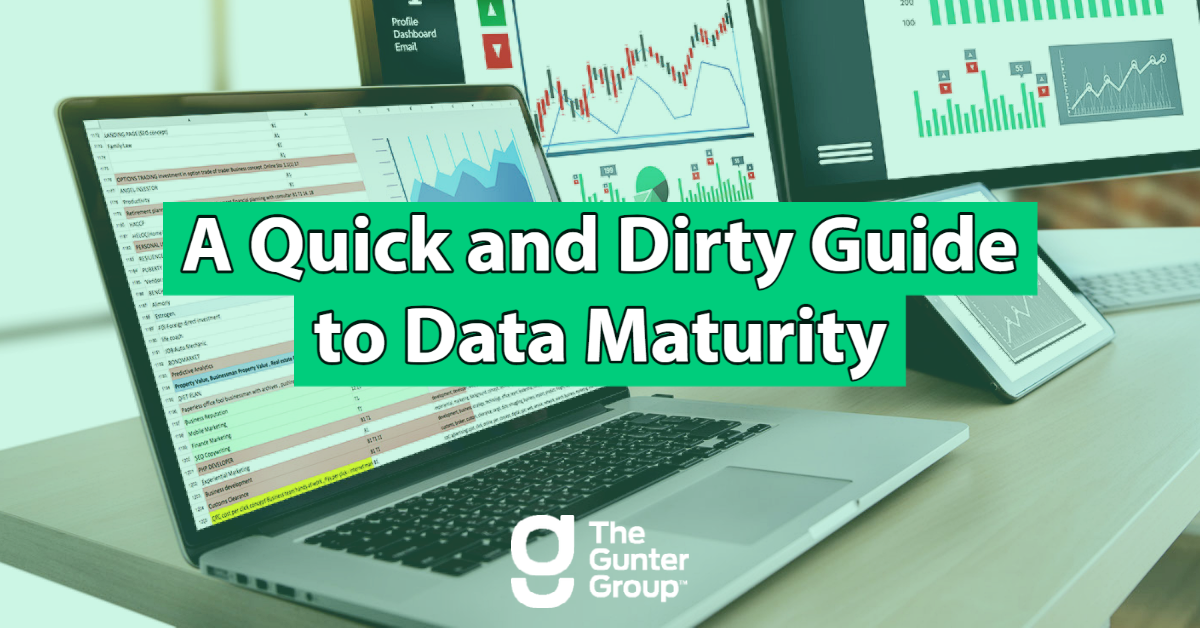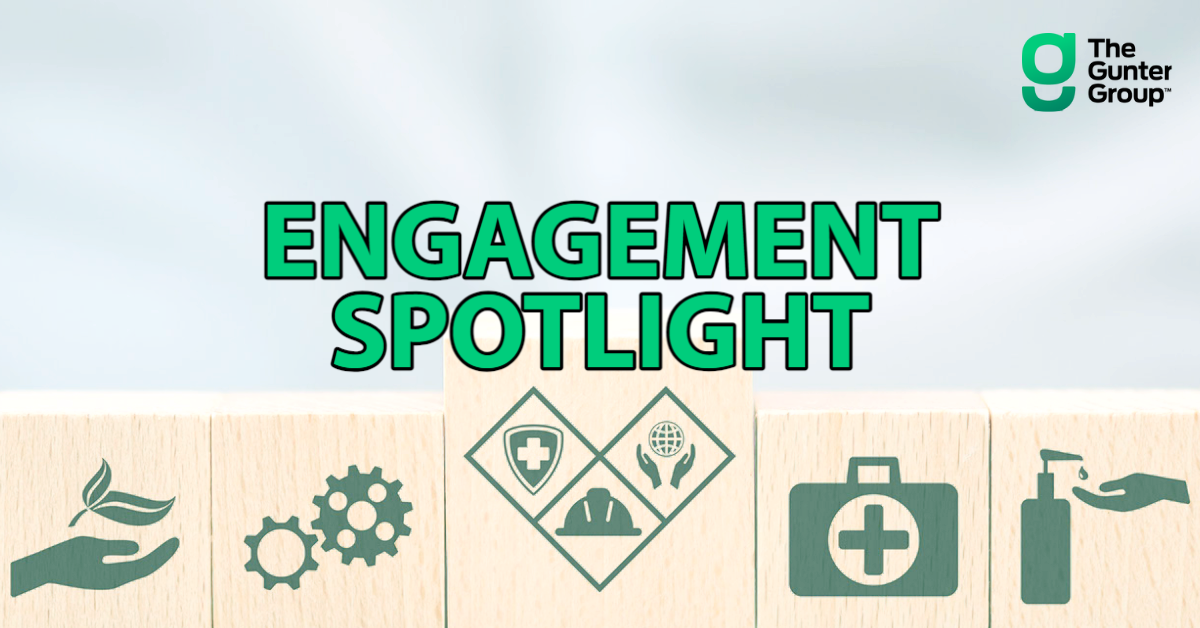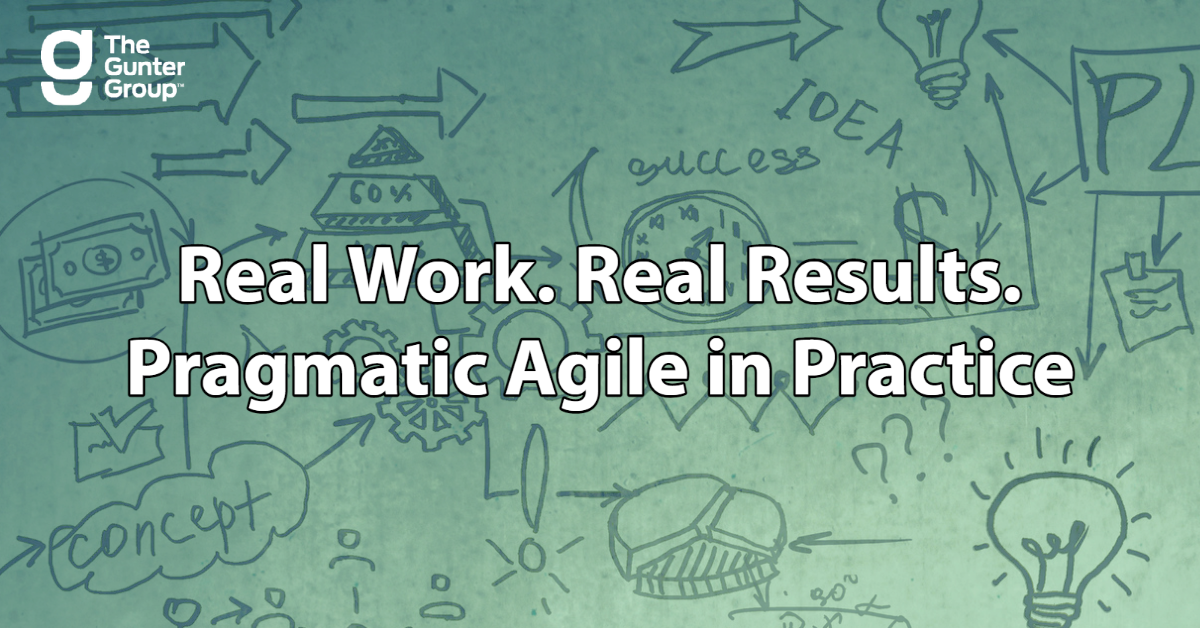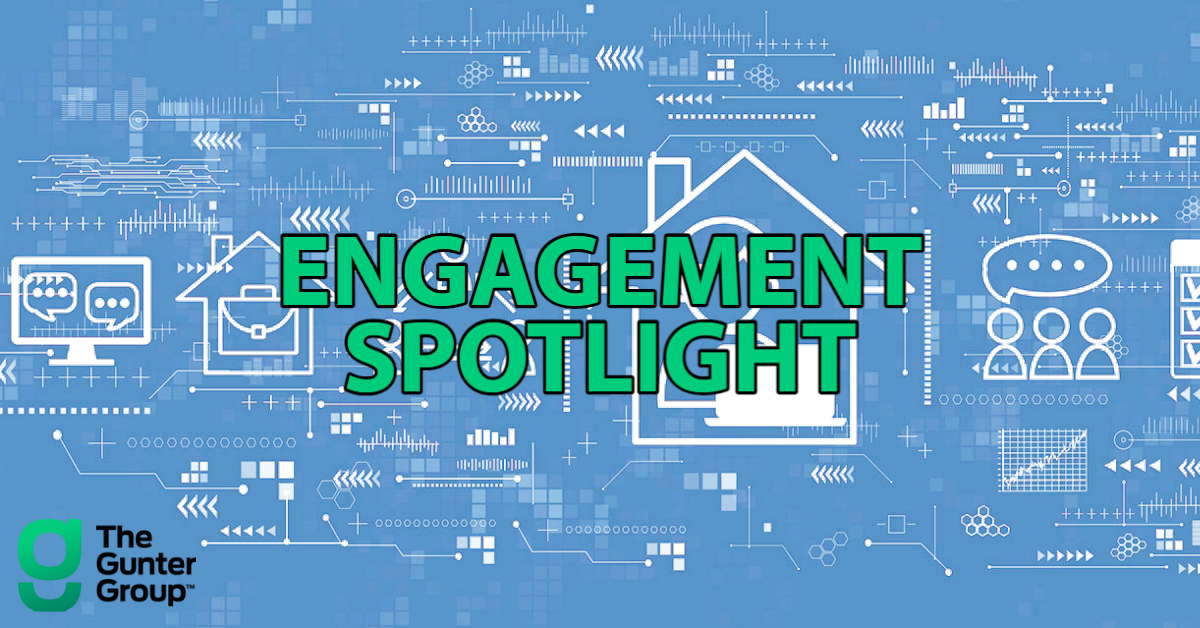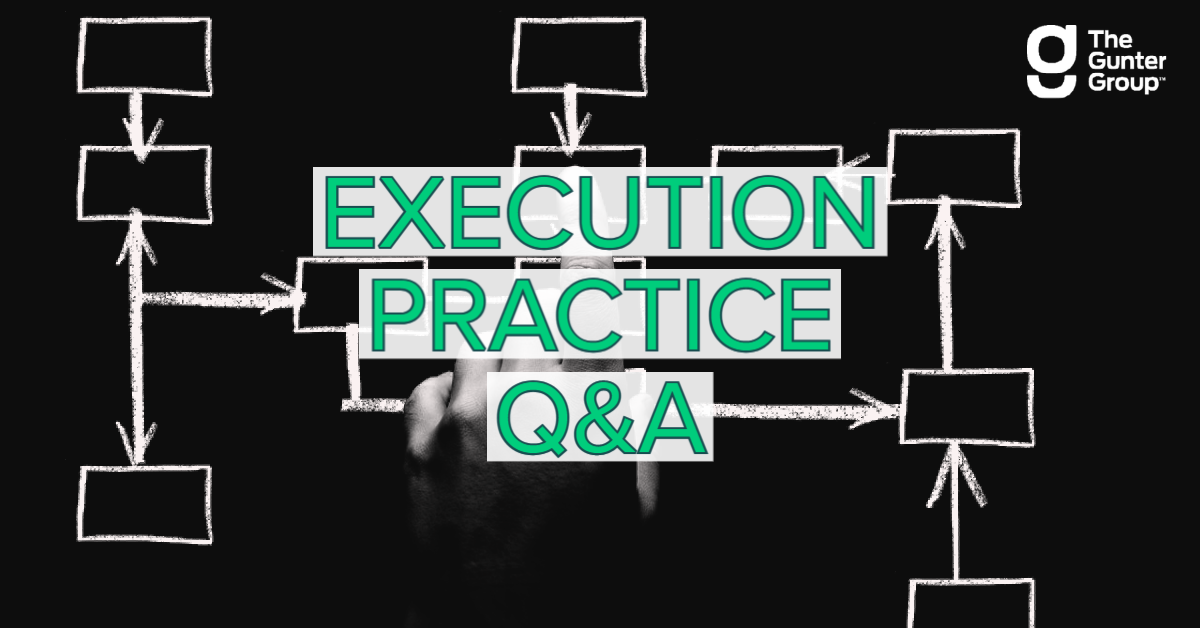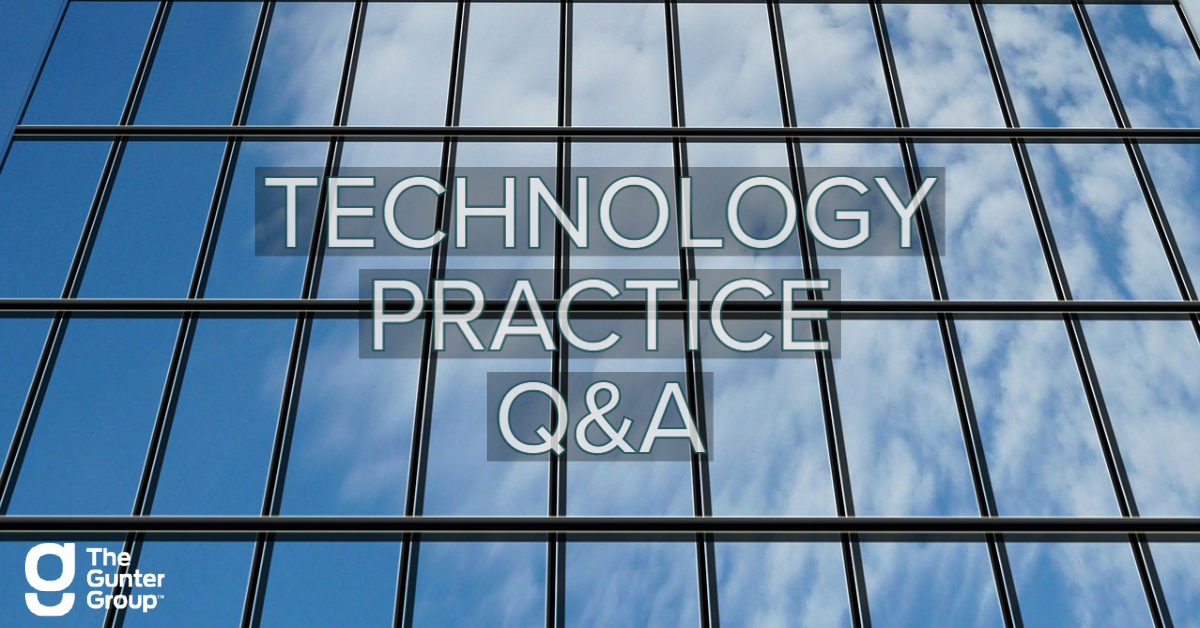People are hardwired to be cautious of change. However, in today’s rapidly-evolving business climate, organizations must find ways to support employees through inevitable changes.
Tag Archives: People
CHANGE MANAGEMENT:
WHAT MAKES FOR AN IMPACTFUL CHANGE LEADER?
Impactful change leaders understand not only the holistic process of change but also the strategic tools and steps needed to help guide them in executing change. Here are seven components of impactful change leaders.
A QUICK AND DIRTY GUIDE
TO DATA MATURITY
Matt Jamison, Principal Consultant and Service Leader for TGG’s Technology Practice, explains TGG’s unique approach to Technology work and explores current industry trends.
SURVEYING THE DATA LANDSCAPE IN 2022
Matt Jamison, Principal Consultant and Service Leader for TGG’s Technology Practice, explains TGG’s unique approach to Technology work and explores current industry trends.
ENGAGEMENT SPOTLIGHT
WITH SCOTT THEENER
In the thick of the COVID-19 lockdowns, a multi-campus community college came to TGG asking if we could help solve a problem that had no pre-fab solution. Senior Consultant Scott Theener shares how he worked with the client to track the ever-changing regulations and develop a method to integrate the reopening changes into scalable processes.
REAL WORK. REAL RESULTS.
PRAGMATIC AGILE IN PRACTICE
Senior Consultant Rob Anteau, has been working with Agile and waterfall teams for decades. As a way to highlight pragmatic Agile in practice, we are sharing a recent example of an impactful Agile adoption he oversaw for a client.
ENGAGEMENT SPOTLIGHT
WITH ERIC DUEA
How does an organization transition to a hybrid work structure in a post-COVID environment? Consultant Eric Duea shares about his partnership and work with a financial institution as they launched a “future of work” project.
EXECUTION PRACTICE Q&A WITH TRISHA BENNETT
Trisha Bennett, Execution Practice Service Leader, details how TGG’s Execution work supports complex client initiatives and drives results.
TECHNOLOGY PRACTICE Q&A WITH MATT JAMISON
Matt Jamison, Principal Consultant and Service Leader for TGG’s Technology Practice, explains TGG’s unique approach to Technology work and explores current industry trends.
